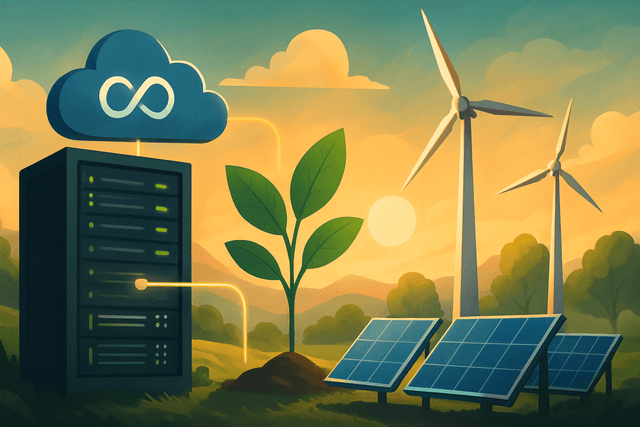Microsoft's rapid expansion into artificial intelligence is creating tension between technological advancement and environmental stewardship as the company approaches the halfway point of its ambitious 2030 sustainability goals.
In February 2025, Microsoft reported a 30% increase in carbon emissions since 2020, primarily driven by its extensive AI data center buildout. The company plans to invest $80 billion in data center infrastructure in fiscal year 2025, highlighting the scale of its AI ambitions.
"The force creating this distance from our goals in the short term is the same one that will help us build a bigger, faster and more powerful rocket to reach them in the long term: artificial intelligence," explains Melanie Nakagawa, Microsoft's Chief Sustainability Officer.
Despite these challenges, Microsoft is doubling down on sustainability initiatives. The company has contracted 34 gigawatts of carbon-free electricity across 24 countries—an eighteenfold increase since 2020—as part of its commitment to achieve 100% renewable energy consumption by 2025. Through its Climate Innovation Fund, launched with a $1 billion commitment, Microsoft has invested nearly $800 million in 63 startups developing emissions reduction technologies.
Water conservation represents another key focus area. Microsoft has expanded its water replenishment portfolio to 90 projects across more than 40 locations globally, while developing innovative data center designs that consume zero water for cooling, potentially avoiding 125,000 cubic meters of water use annually per facility. The company has already met its 2030 target of providing 1.5 million people with access to clean water and sanitation solutions.
Circular economy principles are central to Microsoft's strategy. The company has achieved a 90.9% reuse and recycling rate for servers and components in 2024, exceeding its target of 90% a year ahead of schedule. Its expanding network of Circular Centers has already reduced carbon emissions by 145,000 metric tons of carbon dioxide equivalents last year.
Microsoft's 2023 report, "Accelerating Sustainability with AI," outlines five key steps to unlock AI's sustainability potential, including building workforce capacity and developing digital infrastructure. The company believes AI will be essential for advancing sustainability progress at speed and scale, enabling organizations to measure, predict, and optimize complex systems for environmental benefit.

